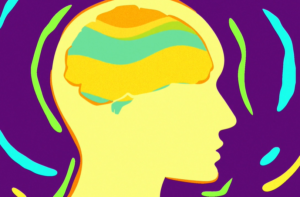From STAT: “Its demonstrated effects are modest, but some doctors say the [new drug, bremelanotide] would meet a real need for thousands of women. Others, however, argue it is simply pharmaceutical overreach, another effort that reduces the complexity of human sexuality to a set of measurable dots on a chart.
‘It’s a mismatch of models,’ said Leonore Tiefer, a sex therapist who previously ran the sex and gender clinic at New York’s Montefiore Medical Center. ‘They want the car repair model: “Hello, doctor, I’ve got this carburetor that doesn’t work in my car. Could you fix it for me without talking to me?” It’s laughable’ . . .
Skeptics of drugs like Addyi and bremelanotide argue that they’re not dismissing the distress that comes with conditions like HSDD [hypoactive sexual desire disorder]; they’re taking it seriously by acknowledging the nuances of human sexuality.
To Emily Nagoski, a sex educator and author, prescribing drugs for desire runs the risk of pathologizing normal sexual function. What women diagnosed with HSDD need ‘is not medical treatment, but a thoughtful exploration of what creates desire between them and their partners,’ Nagoski wrote in the New York Times before Addyi’s approval.
To Tiefer, sexuality is best understood through what she calls the dancing model. Dancing, like sex, requires having a body, but no one would study the art of ballet by cracking open Gray’s Anatomy. So why, Tiefer asks, would anyone isolate the biology of sex at the expense of its other facets?
‘Sex is a construct,’ Tiefer said. ‘There’s a body — a penis, a vagina, a circulatory system. And then there’s relationships, people, marriage. But there’s really no such thing as “sex.”‘












